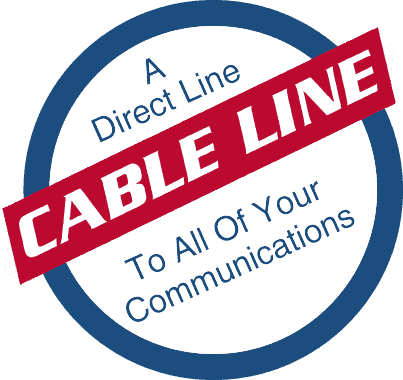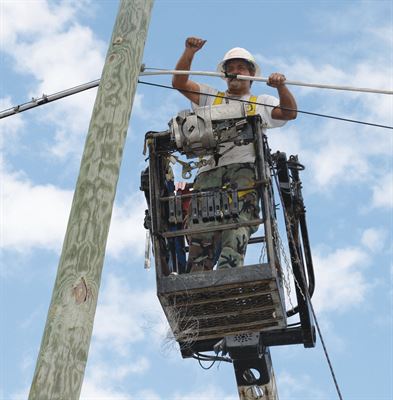 Comcast’s dependence on third-party contractors to support its cable plant and handle certain service calls has made a few companies very rich while putting several others into bankruptcy.
Comcast’s dependence on third-party contractors to support its cable plant and handle certain service calls has made a few companies very rich while putting several others into bankruptcy.
In March, Cable Line, Inc., and McLaughlin Communications filed suit against the cable company in Philadelphia Common Pleas Court for putting them out of business after being compelled “to start and finance work in new markets, only to abandon [both] firms once they had been induced to create the infrastructure necessary for Comcast’s expansion.”
Attorney Charles Mandracchia alleges both companies were sold on Comcast’s commitments and hired and trained scores of workers, opened new facilities and borrowed heavily to finance purchases of trucks and equipment only to face what the suit calls an arbitrary cancellation of both companies’ contracts while their workforce was hired away by firms favored by Comcast.
“This is about more than my company,” Cable Line owner Kevin Diehl told the Philadelphia Inquirer. “‘Scale up or die,’ they told us. I bought a Harrisburg warehouse and a Perkasie office,” and built his staff up to 120 workers.
Comcast’s dependence on Diehl’s firm was so strong, the cable company enforced a no-compete clause in Cable Line’s contract to block a lucrative acquisition offer from another company in the early 2000s.
Things changed dramatically in 2012 when Comcast suddenly canceled its contract and gave Cable Line’s business to larger firms that recruited away his trained workforce. Cable Line went out of business shortly afterwards. McLaughlin makes similar claims.
“Comcast clearly had a decided intent and plan to eliminate small companies like Cable Line and McLaughlin Communications in order to monopolize the market, and in fact it did precisely that,” according to the lawsuit.
 Allegations of corruption were included in a similar federal lawsuit filed by an Illinois-based cable installer, Frontline Communications, that claimed top Comcast officials “accepted cash, gifts and other benefits” in exchange for awarding installation contracts to favored firms. That case was dismissed on a technicality and has yet to be refiled.
Allegations of corruption were included in a similar federal lawsuit filed by an Illinois-based cable installer, Frontline Communications, that claimed top Comcast officials “accepted cash, gifts and other benefits” in exchange for awarding installation contracts to favored firms. That case was dismissed on a technicality and has yet to be refiled.
A handful of firms favored by Comcast have done well as favored partners. Dycom, a Florida-based telecommunications installer with a nationwide footprint has acquired a number of smaller competitors over the last three years and disclosed to the Securities & Exchange Commission that just three companies — AT&T, CenturyLink and Comcast account for 39% of its business. If Comcast and Time Warner Cable win merger approval, that number will increase to above 50%.
With consolidation of third-party cable contractors continuing, workers have seen dramatic compensation cuts. Installers working for Dyson-acquired Prince Telecommunications accuse the company of cutting their labor rate in half. Others complain contractors force them to buy their own tools, under-compensate for fuel and don’t pay workers when they arrive to find subscribers not at home to accept a service call.
“This consolidation across the country is very bad for skilled cable technicians, who now have very few choices of employment,” Diehl told the newspaper, warning that installers working for Time Warner Cable will see even more dramatic compensation and benefits cuts “as Comcast gobbles them up.”
Diehl told the newspaper he personally helped build Comcast’s cable system in the Philadelphia suburbs and calls it “obsolete.”
“It should be fully fiber. It should have a bigger power supply, like FiOS,” Diehl said. “That’s why your TV sometimes doesn’t work after a storm.”
Earlier this week, UniTek Global Services Inc., a Blue Bell company that employs 3,200 people installing DirecTV, ATT, Comcast and other TV and Internet systems, filed for Chapter 11 reorganization in federal bankruptcy court in Wilmington, Del. The company is seeking a “comprehensive debt restructuring” after trying to diversify its business portfolio beyond its major clients, including Comcast.


 Subscribe
Subscribe